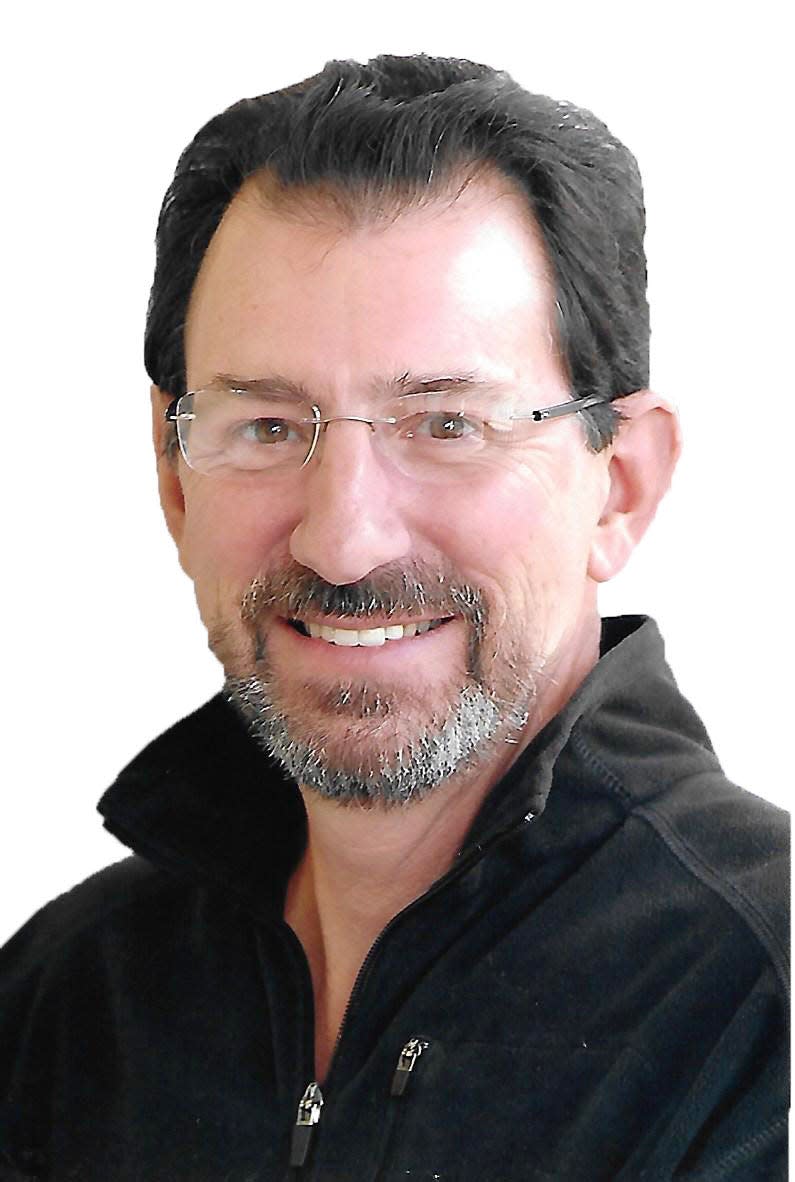Kendall Stanley: What a life
- Oops!Something went wrong.Please try again later.
If one were to ask to point out someone who lived their life to the fullest, leading by example and following their faith, you wouldn’t go wrong by saying Rosalynn Carter.
She died on Nov. 19 in Plains, Georgia, at age 96.
She and her husband, Jimmy, who is now 99, grew up in Plains, raised their family there and after his one term as president it was the place that they returned to. They were married for 77 years.
Rosalynn was often at Jimmy’s side in meetings in the White House and she professed at one point that she loved politics.

The couple retained their small-town ways with frequent efforts to build housing for Habitat for Humanity, serving as Bible school leaders at their Baptist church and in Rosalynn’s case, promoting mental health efforts.
The last time they were out and about in public was riding in the Plains peanut festival parade. It just doesn’t get more small town than that.
According to their son, Chip, the couple’s hospital beds were placed so they could easily talk to one another, except for the times when Jimmy would clear the room so he could talk to Rosalynn alone. She had just entered home hospice care (Jimmy has been in similar care for months) and she contracted an infection that antibiotics failed to quell.
The Carters had an impact on whatever they put their minds to, a goal that we should all aspire to.
When the well runs dry
The New York Times recently reported on three Plains and Western states where water withdrawals from underground aquifers is running way ahead of its replenishment. As you can guess, vested interests don’t really care.
In southwest Kansas it’s the farmers. In Nevada, the gold mines. In Montana, housing developments. So the farming, mining and housing industries suck the aquifer dry for their benefit, although they like to point out that without them there wouldn’t be jobs, etc. Never mind the fact that without water there won’t be any jobs either.
There is no help coming from the federal government as water issues and regulation is left up to the states.
While we’d like to think the states would do a great job of protecting their water resources we’d be wrong. That’s why you have such leases as the one where a Saudi Arabia firm leased land in Arizona and withdrew water to grow hay and alfalfa for export. Although most of the fodder stayed here, you still have to wonder why the state allowed it as aquifers across the state are lowered.
Out west where we spend our winters there’s been a years-long battle over the establishment of a new copper mine on the eastern side of the Santa Rita mountains with water extractions just one of the issues. There are already several mines in the overall area, so water extraction should be a big deal.
For the mine operations in Nevada the extraction rate wasn’t in the millions of gallons but billions. How much longer will the aquifers be able to supply that amount of water? And from where will any future water needs be met? The Great Lakes perhaps?
Even though a compact exists that prevents diversion of Great Lakes water out of the Great Lakes basin, you’d be foolish to think the western and Plains states don’t look fondly on all the water we would have to offer.
You have to wonder why people seem to think they can mess with Mother Nature, taking more out of the ground than will be put back by rain or snowfall. Sooner or later, the laws of diminishing returns will catch up to us and it will not be a pretty sight.
At least in Kansas there has been some movement to protect the groundwater resources, according to the Times.
“Lindsay Vaughn, the 29-year-old state lawmaker who is leading efforts to tighten groundwater regulations, comes at the problem with the perspective of someone who could see the aquifer run dry in her lifetime.
“If we don’t do anything differently, then there won’t be enough water left for people in my generation,” said Ms. Vaughn, who represents a Kansas City suburb.
”This year, Ms. Vaughn introduced new legislation that requires the state to ensure that water districts better protect their aquifers. Groups like Groundwater Management District 3 have until 2026 to come up with plans to sustain groundwater. If they fail to develop those plans, or if state officials decide the plans are inadequate, the state can impose its own plan and compel farmers to cut back on pumping.
“That bill became law, evidence of the growing recognition that Kansas faces a crisis, Ms. Vaughn said. But she voiced concern about whether political appointees in state government will enforce the law, given the clout of the agriculture lobby.
“We can come together and use the tools that we already have to slow depletion,” Ms. Vaughn said. “Or we can be left in the dust. The choice is ours.”
Yes it is. Hopefully the good citizens of Kansas will make the right choice.
— Kendall P. Stanley is retired editor of the News-Review. He can be contacted at kendallstanley@charter.net. The opinions expressed in this column are those of the writer and not necessarily of the Petoskey News-Review or its employees.
This article originally appeared on The Holland Sentinel: Kendall Stanley: What a life

